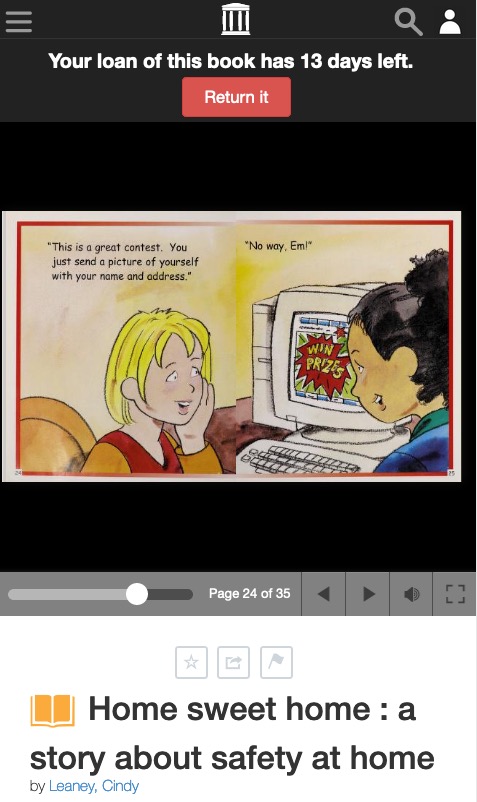It’s been an odd set of months. I got busy with Drop-In Time and then very un-busy. I’ve been keeping up with my newsletter a little, and doing email Drop-in Time, public awareness stuff on various mailing lists, keeping my ear to the ground. Still acting as a Qualifying Authority for the Internet Archive’s print-disabled program which got a LOT more visible thanks to the National Emergency Library. And so it was natural that someone would ask me about this. Got any questions, feel free to drop me a note. This question was a little longer, but a brief summary is a librarian question: “patrons who were asking about “free” ebook sites, ranging from OpenLibrary to ZLibrary. Are they safe? Legal? Should we even mention them to our patrons?” My response, which comes from my very particular place…
Hey there — thanks for asking. I do know a lot of these sites and I used to work for Open Library. My feelings on this topic are kind of complex, so I’ll just outline what I know. Sorry this is long!
So there are outright “We pirate stuff’ sites like Mobilism and ZLibrary. These are places that are basically set up to pirate things and have no veneer of legality to them. I have personally used them on rare occasions but I don’t think I’d point a patron to them. They often point people to sketchy download sites where it it incredibly easy to pick up viruses and etc. Though I must note the sites themselves do not have viruses or malware to the best of my knowledge.
The Internet Archive is complicated. They scan a LOT of books nominally for their print-disabled patrons. They are technically a library in the state of California. They have been running Open Library since 2008 which gives people access to a few types of books
- DAISY formatted books for print-disabled readers
- public domain books free for reading online or downloading
- in-copyright books available for Controlled Digital Lending
CDL is an envelope-pushing thing that the Internet Archive has been trying to do. Basically the idea is you have a copy of a book and instead of lending the print-copy, you lend the digital copy on a one-loan-at-a-time basis using Adobe Digital Editions DRM (i.e someone has to log in with an Adobe ID if they want to download the item, reading online with the flip-book requires no Adobe login but that book isn’t available to other patrons until it’s returned). This is both not-legal but also (I’d argue) not-illegal; it’s in an untested area of law. Most of the books in Open Library are older books, ones that rights holders don’t care much about, they’ve been there forever. They’ve always complied with takedown requests. No viruses or malware (unless someone gets stuck in some weird situation with Adobe and winds up on a different site but that’s a different thing). You can read more about CDL here.
https://
Now! A confusing part of all this is the Internet Archive also lends books from its own site. And this is a slightly different model because in addition to the three kinds of books above, there is also a HUGE print-disabled collection that is not-DAISY, just available to qualified print-disabled users (I am one of the people who can qualify people, they have a whole system set up). This has been, up until recently, also fine.
But! The National Emergency Library (NEL) made a bold move and decided to basically make the huge amount of books (some definitely newer where authors and publishers very much care about copyright) in the print disabled collection available for lending. You can read a long FAQ here.
https://help.archive.org/hc/
And you can read the National Writer’s Union’s take here, which is much less sunny.
https://nwu.org/what-is-the-
In short, the Archive is pushing the envelope and kinda trying to promote their own agenda (giving things away promoting controlled digital lending) during this crisis. I believe them when they say it’s temporary. That said, you can imagine that writers and publishers are aggravated. THAT said, you know how aggravated we all were about Macmillan so…. mixed feelings! The NEL will comply with takedown requests but they’re basically in the “Ask forgiveness not permission” area which I know makes people unhappy, and I understand why.
So in short, these resources are there. They exist in a grey area. The NEL is safe. The NEL definitely has books in it that are infringing on the copyrights of authors and publishers. Hathi Trust did a very similar thing in a VERY different way (tho they mostly serve academics)

What about “Libby”?
Libby is great, but it’s more of a front-end to a library’s collection of books and doesn’t stand alone (to the best of my knowledge) in the absence of a connection to a library.
Really interesting. Thanks for sharing!